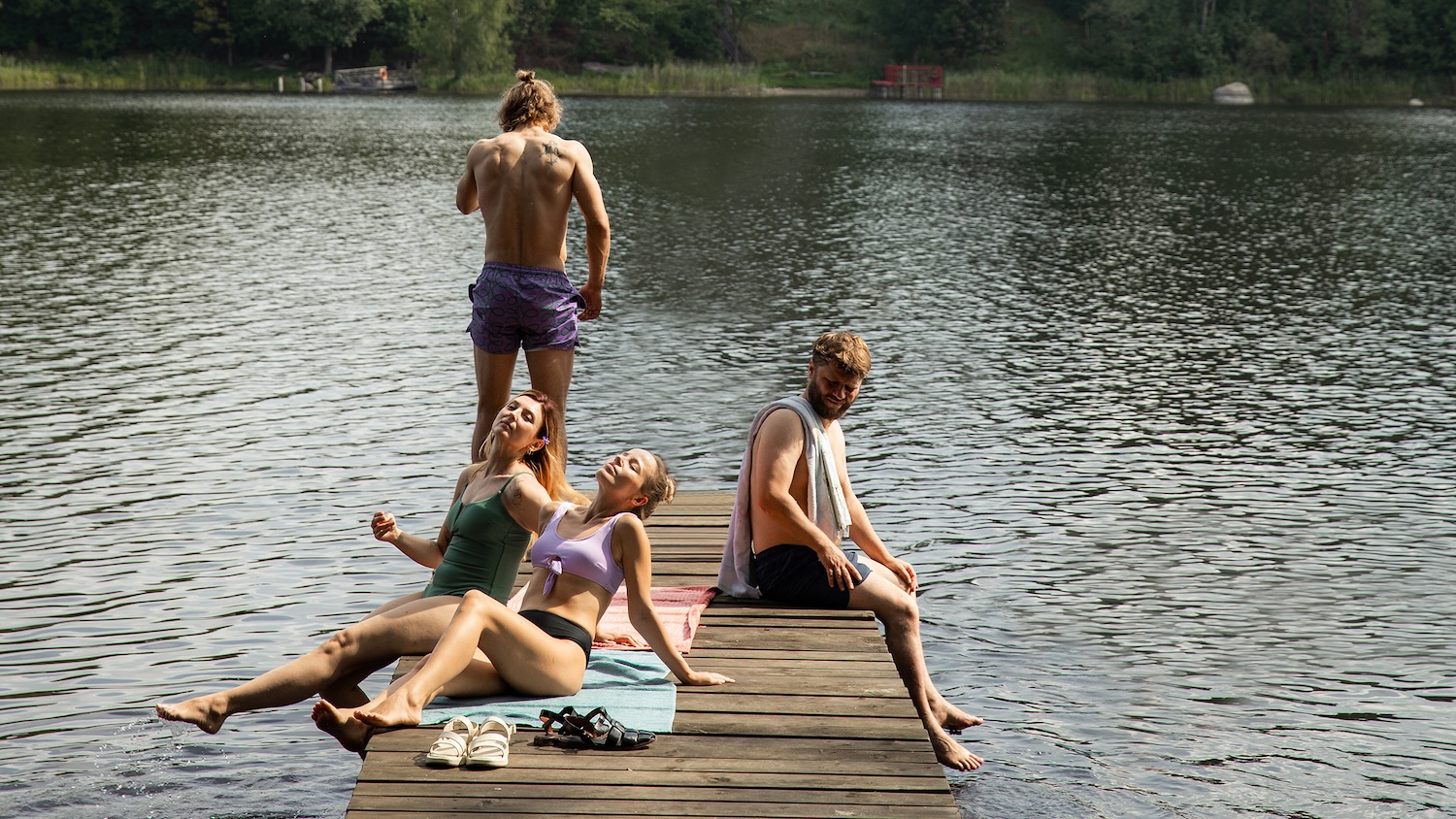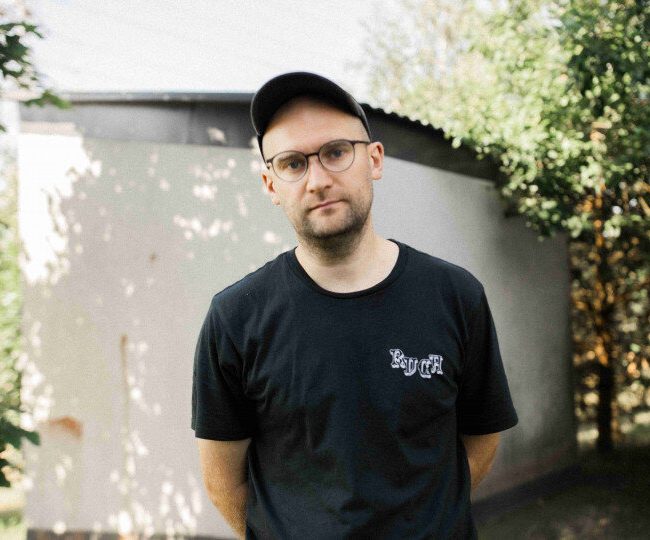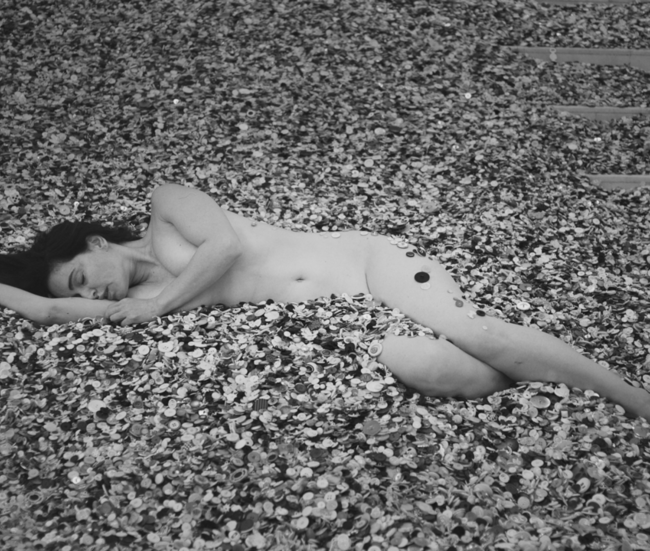DROWNING DRY

(Check out Chris Reed’s Drowning Dry movie review, it’s making the rounds in U.S. cinemas now. Seen it? Join the conversation with HtN on our Letterboxd Page.)
Everyone’s memory is different, and each point of view offers distinct angles on the same events. Repetition uncovers both similarities and contrasts. In Drowning Dry, Lithuanian writer/director/cinematographer Laurynas Bareiša (Pilgrims) applies a cinematic lens to this very human phenomenon, revisiting a critical moment in the life of a family to examine the ways emotions and context color recollection. The film proves engrossing even as it avoids easy answers to questions we didn’t know we had.
The title immediately expresses this notion of reiteration, referencing the controversial (as in, many experts don’t think it is real) secondary consequence of actual drowning, when water does not reach the lungs but is ostensibly trapped further up. Whatever the truth of this condition, both submersion and a (possibly) psychosomatic aftermath play a crucial role in the story. Bareiša, beautifully photographing his own movie, takes what could be a straightforward, chronological screenplay and folds it in on itself. Literal and metaphorical threads mix and mingle, to provocative result.
Lukas (Paulius Markevičius), a Mixed Martial Arts fighter, is about to win a match in the opening images. Later, in the locker room, his wife, Ernesta (Gelminė Glemžaitė, a dead ringer for Rachel McAdams) cleans him up as young son Kristupas (Herkus Sarapas) looks on. Soon, Ernesta’s sister, Juste (Agnė Kaktaitė), and her husband, Tomas (Giedrius Kiela), arrive, with daughter Urté (Olivija Eva Viliüné) in tow (the cast is uniformly excellent). After exchanging pleasantries, they pack up and head to a country cabin owned by the two sisters.
Along the way, it becomes clear that Tomas—not half as physically fit as the ripped Lukas—has some major masculine toxicity within. Lukas is not entirely immune from this condition but seems more in control of his moods. Driving his big new pickup truck, Tomas passes his in-laws’ car, provoking Lukas to try the same, though he gives up once a vehicle coming in the other direction gets in his way. This compulsive male competitiveness will surface again, to disastrous results.
It’s clear that Tomas and Juste have a strained relationship, though they are better off than Lukas and Ernesta. Still, the kids get along well enough, and there’s a nearby lake to offer cooling relief. We appear to be watching a slice-of-life domestic drama … until at 37 minutes Bareiša switches it up, and then further changes things 10 minutes after that once we settle into the new arrangement. The technique confuses yet also intrigues.
There is, as promised, a drowning. Or almost one. There is most definitely a complete alteration in the original familial landscape of the film. Our characters adjust, for life is meant of be lived, but not without significant turmoil. Bareiša defies expectations, feinting one way only to hit us from the other side. Even if much is left unexplained, the central through line—that within the echoes of rhyming narratives lie truths hidden even from the beholder—resonates long after the abrupt cut to black that ends it all.
– Christopher Llewellyn Reed (@ChrisReedFilm)
Laurynas Bareiša; Drowning Dry movie review











